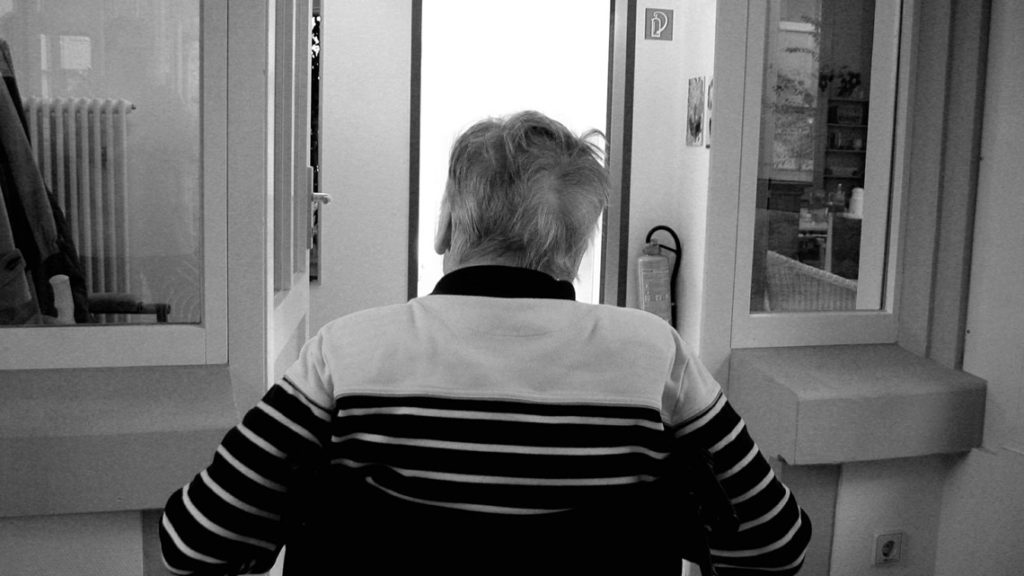Families are noticing a regression in loved one with Dementia. Experts say isolation, lack of socialization and change in routine are all contributing factors.
KNOXVILLE, Tenn. — The pandemic is having a negative effect on people with Alzheimer’s and Dementia. Experts on the disease say they are now seeing more depression and anxiety with those patients.
Isolation, lack of socialization and change in routine are all contributing factors to the regression and change of personality families may be seeing in their loved ones.
Donna Hawkins shows up every day at 4:30 p.m. to pick up her mother at Mount Calvary Baptist Church in East Knoxville.
Her mom spends her days at the Howard Circle of Friends Adult Day Program. It’s sponsored by Alzheimer’s Tennessee and is a welcoming space for seniors to spend their time, also giving caregivers a much-needed respite.
Hawkins’ mom fights dementia and has for about 10 years now.
“The isolation and being able to come here is so good for her because she loves people,” Hawkins explained. “She always has and she has something to do, because at home, it’s kind of hard to get her engaged. We can’t motivate her, so this place is wonderful.”
She’s noticed a big change in her mom over the last year during the pandemic.
“Not being able to get out and go and be busy and see people, it’s made a big difference,” Hawkins said. “Seems like her behavior, she’s been more depressed, and a lot of anxiety.”
She’s not the only one, either. Janice Wade-Whitehead, the president and CEO of Alzheimer’s Tennessee, is on the statewide task force regarding COVID and aging. Wade-Whitehead said depression and Dementia is a problem they are seeing across the board.
“In the Alzheimer’s community, we’ve seen and observed families whose loved ones have declined over the last year,” Wade-Whitehead said. “But whether it’s been at home, or in a Adult Day center, or assisted living or nursing homes, what we are seeing is significant withdrawal and depression.”
The changes in daily life have affected seniors in silent ways.
“With Alzheimer’s, the brain needs to be at full capacity, because it’s got some damage, and so if you put depression on top of that, what you see is just everything becomes compromised,” Wade-Whitehead explained. “Families are very concerned that their loved one might not be able to completely bounce back.”
Experts hope a return to a more normal world will help re-ignite positive brain activity, but until then, families like Hawkins and her mom are thankful for the time they have.
On April 6, Alzheimer’s Tennessee will host a free, virtual class on what families should do if they see a decline in their loved ones. It starts at 8:30 a.m. EST. To register for the event, click here.
